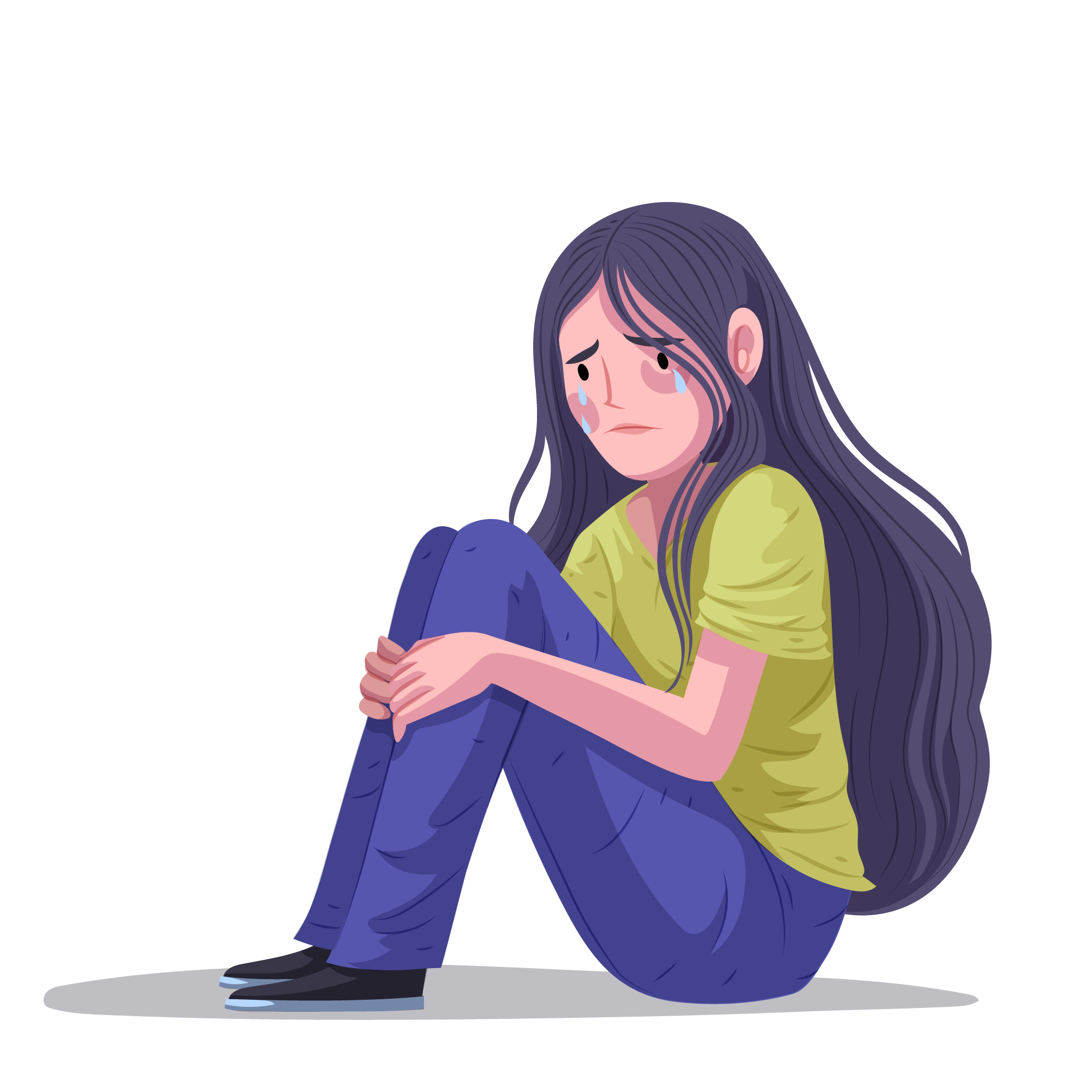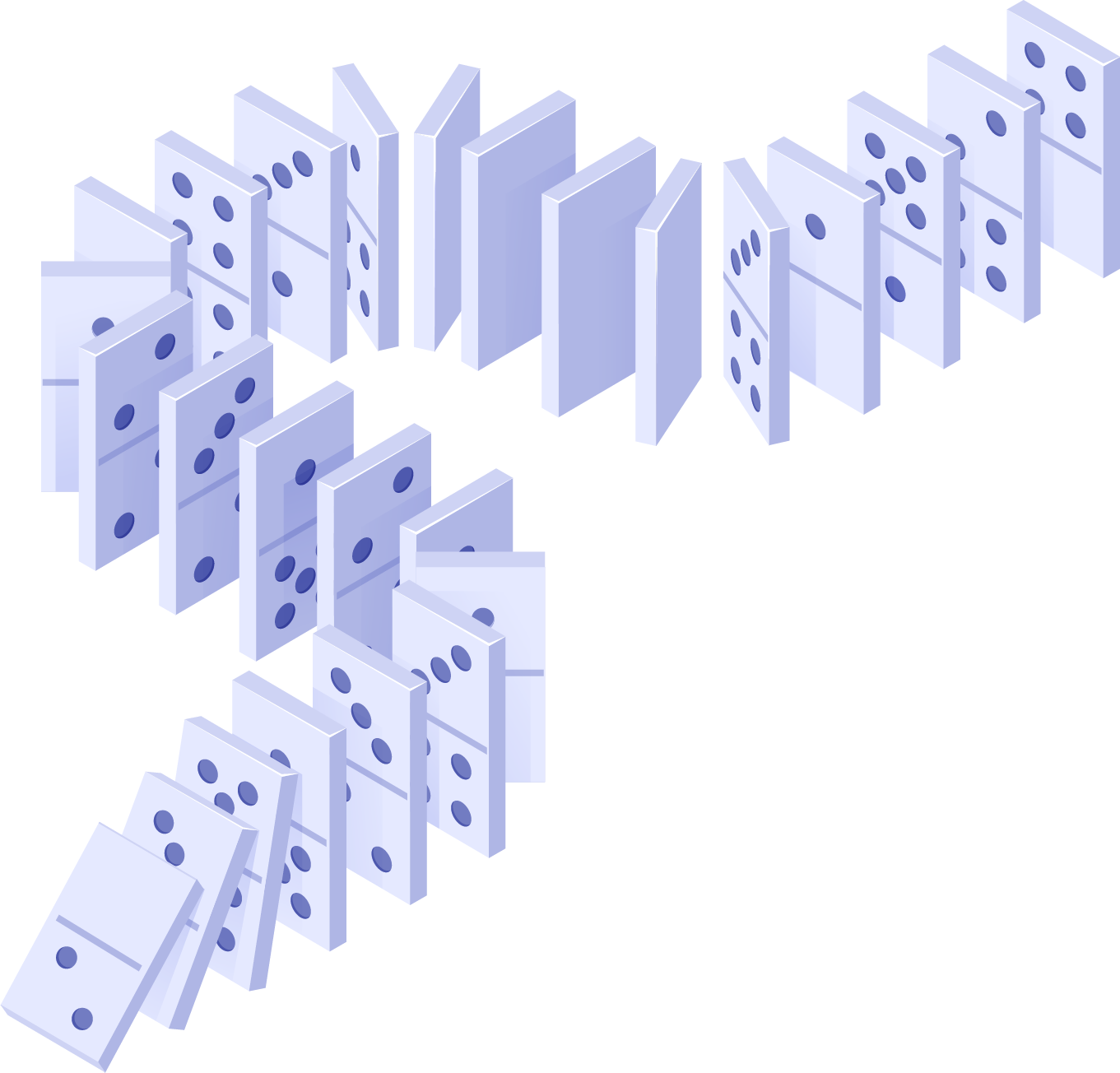Relationship Therapy
We’re All Rescue Animals!
“I can see a problem pattern in my relationships, and I need help to stop it. It might eventually kill me.” Clients seeking relationship therapy often lament with statements such as this. We are creatures of habit for sure, and that means patterns naturally evolve from our neurology. Harville Hendrix calls it "the imago," or an unconscious image of familiar love. Peter Levine, Ph.D., another giant in Attachment Theory, calls this “re-enactment.” The mind-body is trying to heal emotional wounds by re-enacting a similar event or situation.
One theory is that humans subconsciously attract relationships that they know how to cope with, even if the other person's traits are negative. If the negative characteristics are familiar, they are more attractive than any unfamiliar attributes, even positive ones. For example, if a critical parent raised us, we'll be attracted to a critical partner. The theory goes on to imply that once we've had enough badgering to learn how to heal the inner wound, then we can move on to someone more supportive. Getting help to evolve beyond those repeating emotional wounds is an often-needed step to take.

